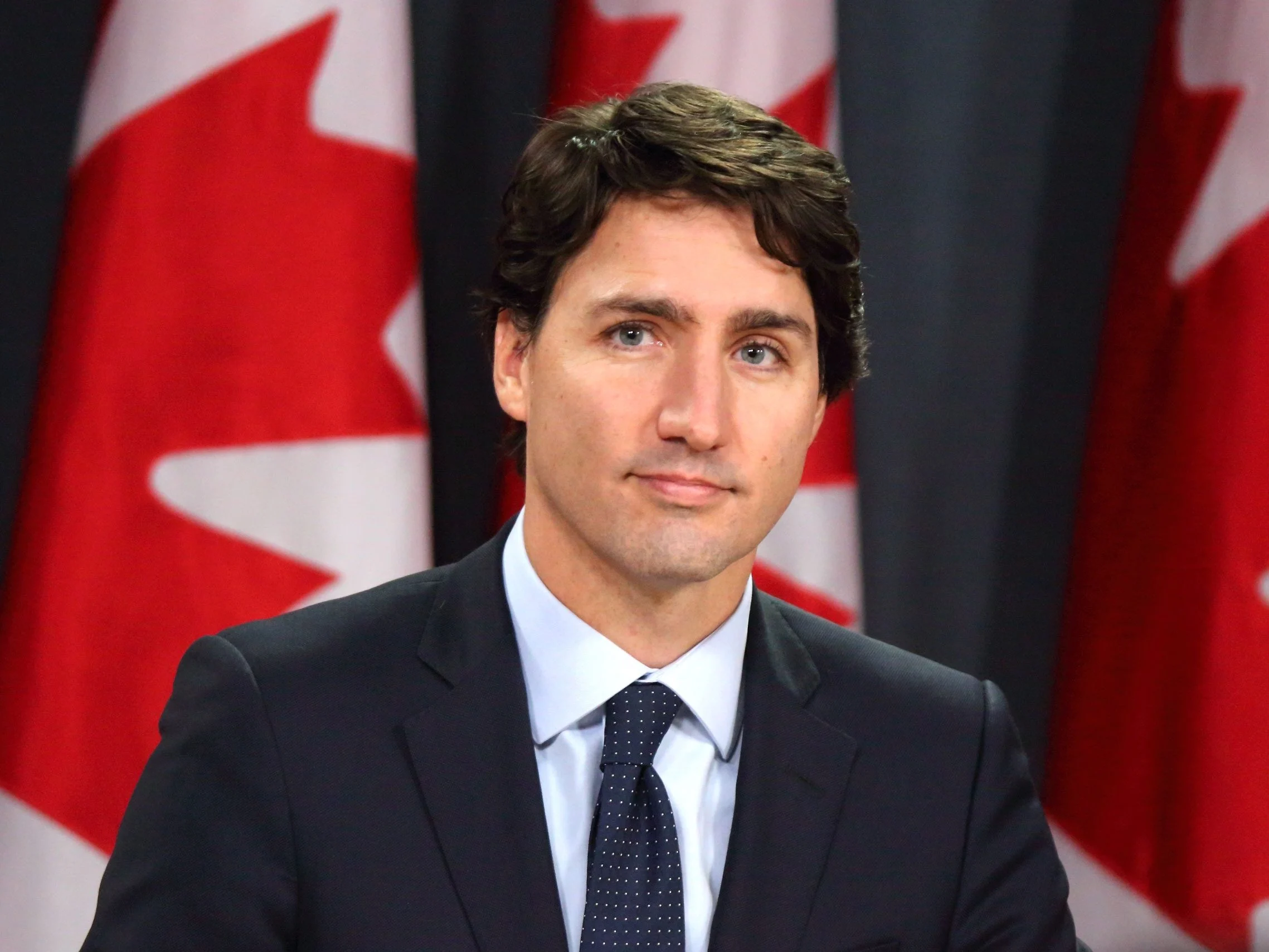Trudeau expresses his willingness to testify eagerly if summoned as a witness in the foreign interference inquiry.
Prime Minister Justin Trudeau stated on Friday that he is ready to testify willingly and with great enthusiasm if requested to do so in the public inquiry into foreign election interference. He made this commitment while speaking to reporters during a news conference in Singapore.
After a string of media reports, Trudeau’s government has come under intense scrutiny for its handling and response to intelligence regarding China’s purported interference in the last two federal elections.
Although the prime minister and his senior advisers have refuted certain allegations, in May, the government did acknowledge that in 2021, the Canadian Security Intelligence Service had uncovered a scheme by China to intimidate Conservative MP Michael Chong and his family in Hong Kong. Subsequently, the federal government took action by expelling Chinese diplomat Zhao Wei in response.
While intelligence officials maintained that the purported interference did not undermine the integrity of the 2019 and 2021 elections, opposition MPs contended that a public inquiry was essential to uphold Canadians’ trust in the electoral system.
On Thursday, Public Safety Minister Dominic LeBlanc revealed that Quebec Court of Appeal Justice Marie-Josée Hogue had been selected to head a much-anticipated public inquiry into foreign interference.
Specifics regarding the inquiry, including the commencement date for hearings, the extent of Hogue’s findings made available to the public, and the list of witnesses, have yet to be finalized.
The independent inquiry’s mandate includes examining allegations of interference by China, Russia, other foreign nations, and non-state entities in the 2019 and 2021 elections. Additionally, Justice Hogue has been tasked with evaluating the information dissemination process to decision-makers during the aforementioned election periods.
China has vehemently denied these allegations. In a statement issued late Thursday, the Chinese embassy in Ottawa accused the Canadian government of persistently amplifying unfounded claims of Chinese interference.
Singh top-secret docs reviewed on Friday
The announcement of the inquiry comes after months of heated debates on Parliament Hill regarding the handling of these allegations.
In the spring, the government assigned former governor general David Johnston to investigate the claims. His report in May identified “serious shortcomings in the way intelligence is communicated and processed from security agencies through to government.” However, he advised against launching a public inquiry.
Johnston resigned in June, citing the entanglement of his role in political controversy as the reason for his departure. He defended his impartiality against criticism from Conservatives, who had raised concerns about Johnston’s connections to the Trudeau family and the Pierre Elliott Trudeau Foundation.
NDP Leader Jagmeet Singh, who had received top-secret security clearance, reviewed the documents compiled by Johnston on Friday and stated that they underscored the necessity for a public inquiry. Both Singh and Green Party Leader Elizabeth May expressed frustration at being shown the confidential annex prepared by Johnston but not the source documents he used to form his conclusions.
“Since there was no access to the source documents, there are many questions that remain,” he wrote.
“After reviewing the summary from Mr. Johnston, it’s very hard to understand the lack of government response to this information.”
Hogue will formally assume the role of commissioner on September 18th. Her interim report is expected to be delivered by the end of February, with the final report anticipated to be released by the conclusion of 2024.
This timeline has raised concerns, particularly in light of the limited time available before the next federal election. The stability of the Liberal minority government is in question, as it could face a vote of confidence in the House of Commons, potentially leading to an early election for Canadians. While the NDP has committed to supporting Trudeau’s government on critical Commons votes until June 2025 in exchange for progress on New Democrat priorities, there is always the possibility that this fourth-place party may withdraw its support. Additionally, Trudeau retains the option to request the governor general to dissolve Parliament if he decides to trigger an election himself.
Richard Fadden, former head of the Canadian Security Intelligence Service and national security adviser to two prime ministers, expressed his desire on Thursday to see the government take action without waiting for Hogue’s final report.
“There are a number of areas” where the need for action is “pretty obvious,” Fadden said, pointing for a calls of the foreign agent registry.



